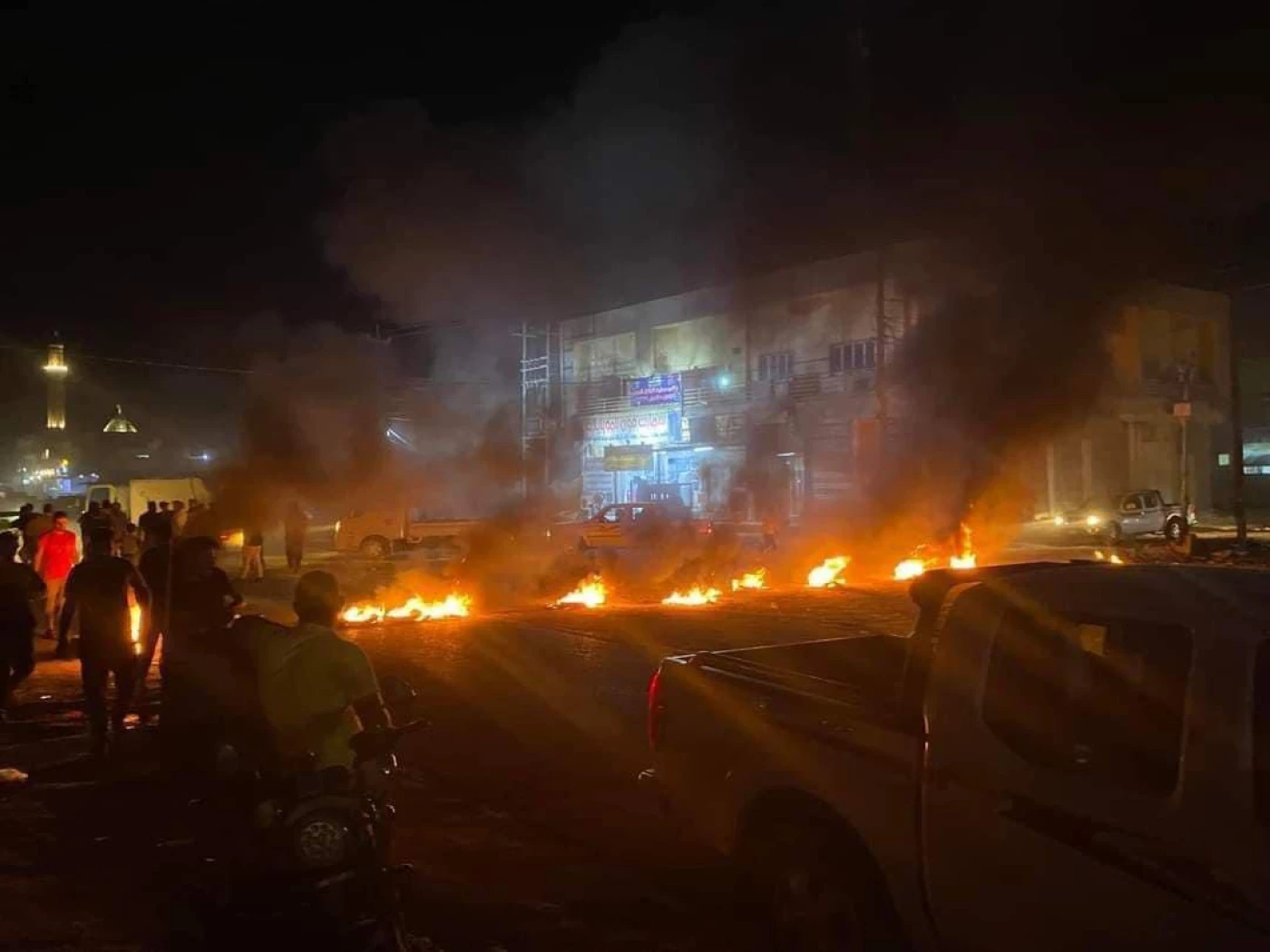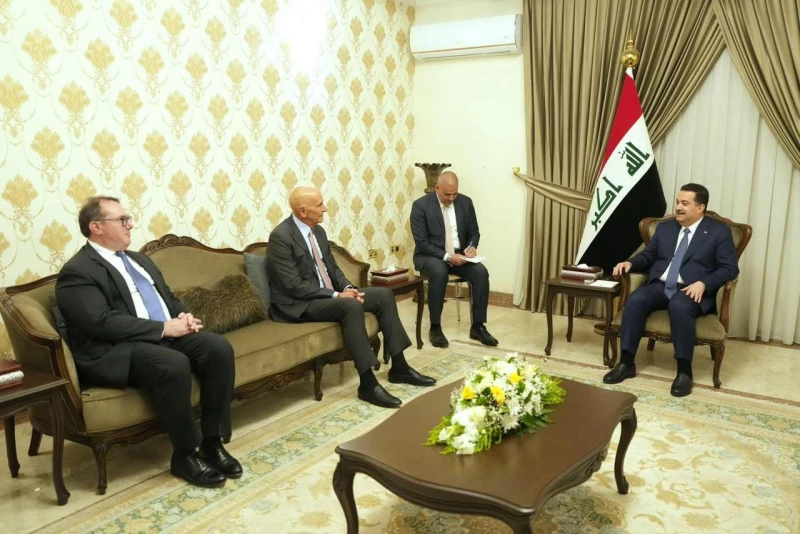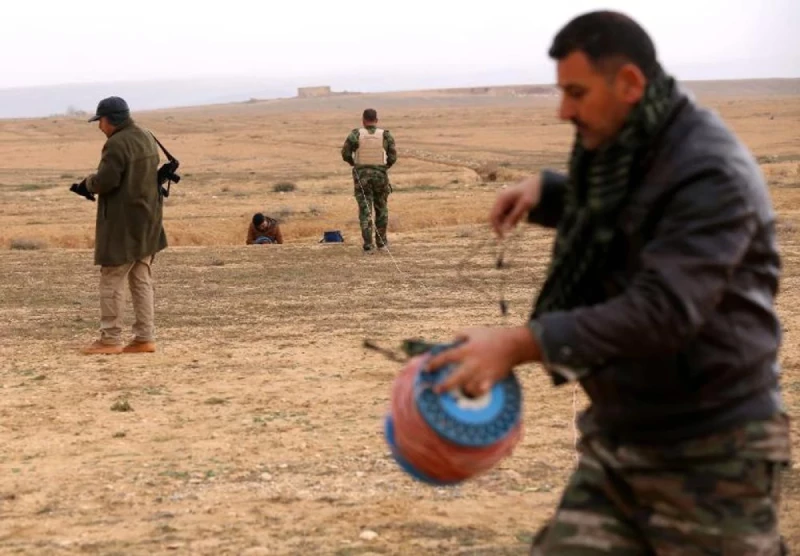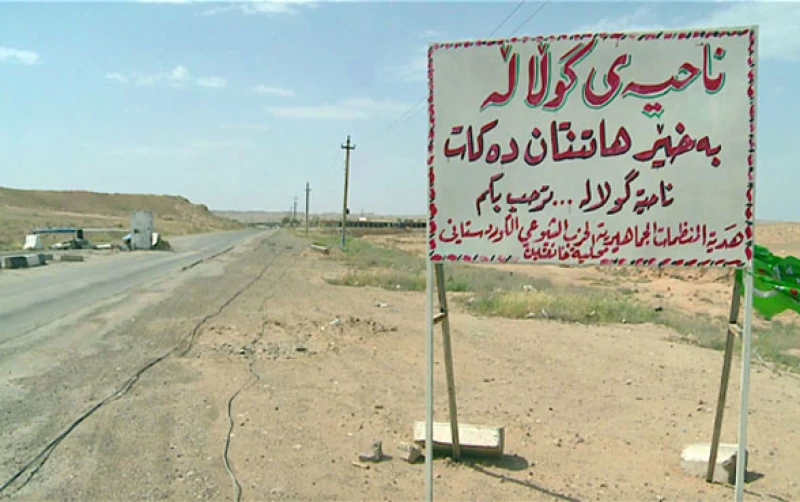Iraqi Council of Ministers on Monday approved contracts with two Kurdish companies to supply electric power for the summer peak load across Iraq.
Mass Holding will cater to the northern region and the national grid, while Kar Company will provide power from Turkey, both for a duration of three months.
Iraqi Prime Minister Mohammed Shia’ al-Sudani on Monday emphasized the critical importance of addressing livelihood and service crises faced by citizens, during a Council of Ministers meeting.
"The government's intensive focus on the electricity and energy sectors aims to ensure the sustainability of these essential services," he said.
In a significant directive, PM Sudani called for the completion of emergency maintenance operations, which are expected to add approximately 1,440 MW to the national grid.
He also ordered the cancellation of all previous exceptions granted to industrial, commercial, and official centers, ensuring uniform supply hours over the next three months.
“Despite unprecedented high temperatures and water scarcity due to climate changes, the government remains committed to developing the electricity sector,” Sudani stated.
The Council of Ministers decided on Monday to supply private generator owners with 40 liters of kerosene per K.V at 200 dinars per liter, with a requirement to provide at least 12 hours of electricity daily, alternating with the national grid from 10:30 am to 6:30 am.
Local governments are tasked with setting appropriate pricing for the supplied amperes and monitoring compliance. These measures will be in effect from July 1, 2024, to August 31, 2024.
The Council of Ministers also authorized the Minister of Finance to sign a loan agreement for five K.V 132 stations to benefit various regions and approved the Eastern LPG Gas Pipeline Project from Helfaya to Basra, extending 193 km.
Electricity sector initiatives in Thi Qar
In Thi Qar, efforts include completing the Rumaila-Nasiriyah line (400 K.V) and constructing a 3,000 MW production station in Nasiriyah.
A 900 MW station is also being established, along with the rehabilitation of the fourth unit at the Nasiriyah thermal station.
Progress continues on the combined cycle project at the Thi Qar gas station, and maintenance projects are underway to resolve congestion and rehabilitate the network.
The Provincial Council and governor have been authorized to oversee local electricity sector operations.
Energy production has reached 26,000 MW, with all production units operating at full capacity.
"We recorded a load growth of 20 percent and this increase caused a problem," said the Minister of Electricity.
An additional 850 MW will be added to the national grid soon, with projects underway to add 4,000 MW, aiming for a total production of 32,000 MW.
"All our staff are mobilized, and several officials in the ministry have been relieved," the minister noted, adding that the distribution of transformers has been reviewed according to needs.
Iranian gas continues to supply power plants, but quantities are insufficient for all facilities.
"Imported gas quantities are not sufficient to operate all power plants," said the Iraqi Minister of Oil.
Prime Minister Sudani has called for an evaluation of leadership within the Ministry of Electricity, indicating no tolerance for any shortcomings.
Across Iraq, people protested Sunday electricity shortages amid severe summer heat.
In Diwaniyah, residents blocked streets after a transformer breakdown went unrepaired, prompting security intervention and promises from officials to fix the issue.
Scores of people took to the streets of #Nasiriya, demanding increased electricity supply while holding banners of #Iraq’s top #Shiite authority Ayatollah #Sistani and victims of the Tishreen (October) protests. #TheNewRegion pic.twitter.com/HAi5xdKCHv
— The New Region (@thenewregion) June 23, 2024
In Nasiriyah, protesters blocked roads with burning tires, demanding more reliable electricity as the heat forced residents indoors and suspended official work.
Video footage shows dozens of demonstrators gathered in front of the power plant in #Nasiriyah on Sunday, demanding increased electricity supply hours in the province. #TheNewRegion pic.twitter.com/7LTP7myf9w
— The New Region (@thenewregion) June 23, 2024
Demonstrators also gathered at the city's power plant for a sit-in.
In Diyala, residents blocked the Baghdad-Kirkuk road, protesting not only poor electricity but also inadequate infrastructure and water shortages, highlighting broader neglect of basic services in the region.
Residents of the Jezan al-Shoul area in northern Diyala province protested against poor electricity, inadequate road services, and lack of water by blocking the #Baghdad - #Kirkuk road in Al-Khalis as part of their demonstration.#TheNewRegion pic.twitter.com/hzNVLoP6R7
— The New Region (@thenewregion) June 23, 2024



 Facebook
Facebook
 LinkedIn
LinkedIn
 Telegram
Telegram
 X
X


